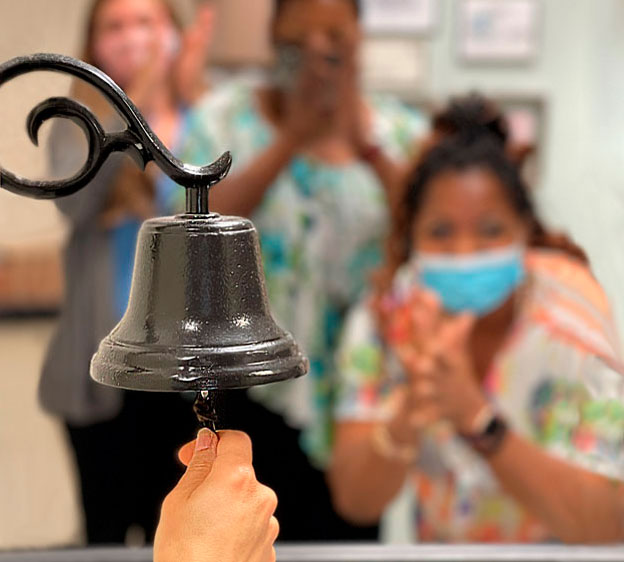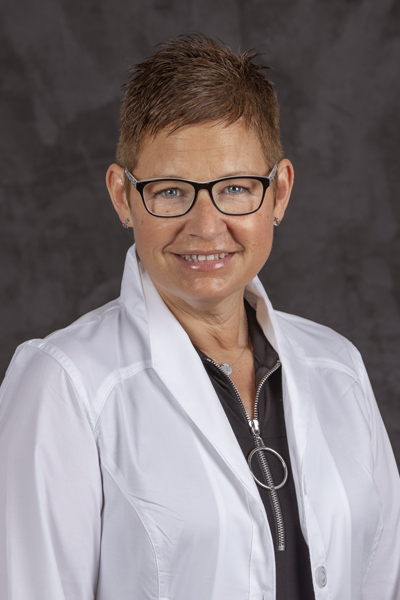
Cancer survivorship can mean different things for different people. For some, it means being cancer free after completing treatment. For others, it means continuing treatments and managing their condition as they would a chronic disease. But no matter what stage of the cancer journey you are in, one thing remains the same: Taking care of yourself, both physically and mentally, is more important than ever.
Read More: Becoming a Cancer Survivor
Focus on Your Mental Health
Many people who have been diagnosed with cancer live with feelings of anxiety, fear and depression, even after treatment has ended and cancer is in remission. They might worry about the cancer coming back and have a hard time adjusting back to “normal” life at home or at work. They may also feel alone, as family and friends may not be able to fully understand what they’re going through.
“All of these feelings are completely normal, and everyone deals with cancer in different ways,” says Kianna Brown, LMSW, oncology social worker at the Beaufort Memorial Keyserling Cancer Center and New River Cancer Center. “Taking time to focus on your mental and emotional health is an essential part of recovery.”
There are many different approaches you can try:
- Attend a support group for cancer survivors. It can help to share your feelings with others who are going through similar situations.
- Engage in gentle exercises, such as yoga.
- Practice relaxation techniques, such as deep breathing, meditation and guided imagery exercises.
- See a mental health professional, who can help you work through your anxieties and fears.
- Take advantage of support services offered by your health care provider.
- Talk to trusted friends or family members.
- Talk to your doctor about anxiety and depression medication.
- Write in a journal.
Read More: Cancer Survivor Shares Success Story
Adopt Healthy Habits
Taking care of your body is also vital to your overall health and wellbeing, according to Kim Wade, RN, BSN, OCN, oncology nurse navigator at the Beaufort Memorial Keyserling Cancer Center.
“For obvious reasons, people who have had cancer are concerned that it may come back,” Wade says. “Cancer treatments can also put you at risk for certain conditions, such as heart disease and osteoporosis, later in life. Taking care of your physical health now may help you avoid a recurrence of cancer as well as long-term issues.”
Whether you have been recently diagnosed or have completed treatment:
- Avoid tobacco and second-hand smoke. If you are a smoker, quit.
- Eat a healthy diet, including plenty of fruits and veggies.
- Exercise regularly.
- Make time for activities you enjoy.
- Maintain a healthy weight.
- Manage stress levels.
- Use sunscreen with an SPF of at least 30 when you are in the sun.
Whether you are newly diagnosed or are in remission, our comprehensive LifeFit cancer rehabilitation program provides you with health and wellness services that focus on mind and body.


